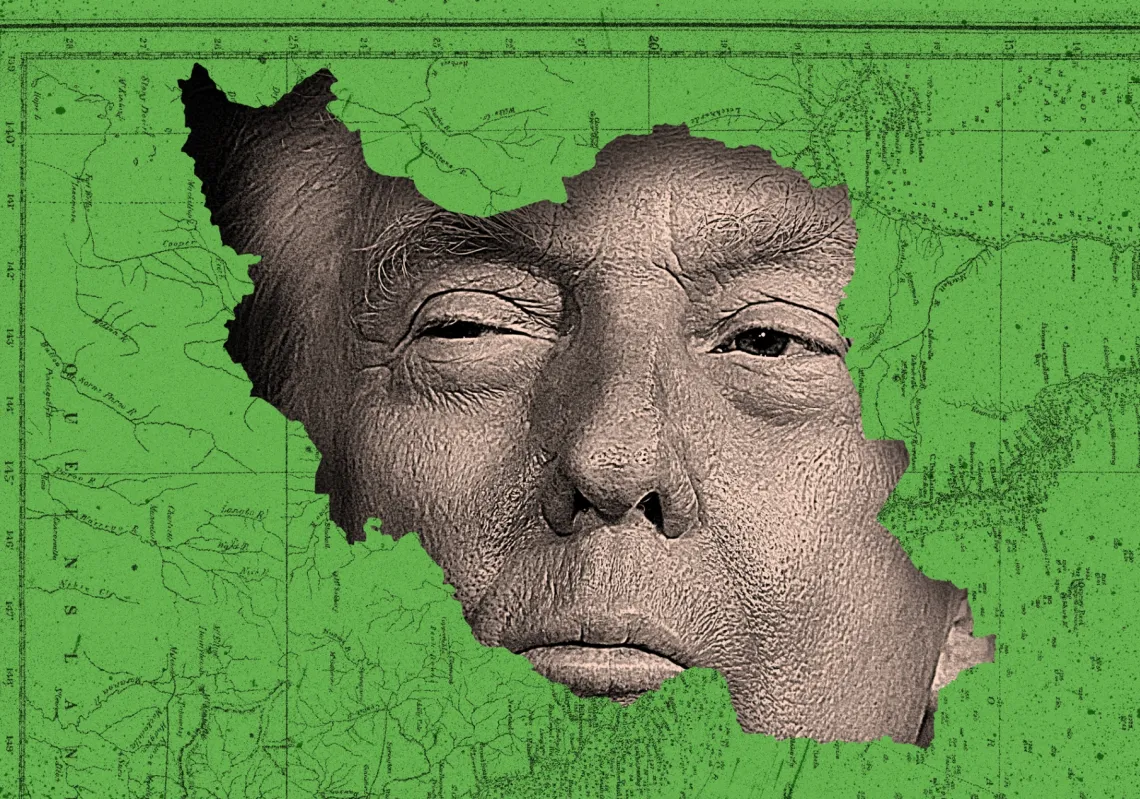Halfway through the summer of 2023 in the northern hemisphere, most of us have witnessed these scenes on our screens, and perhaps some have seen it up close: massive blazes and smoke covering large swathes of land, people that have managed to escape but lost everything they owned, rising death toll numbers and projections of damage to the economy.
Holiday destinations like Rhodes in Greece, Kemer in Turkey, and Hawaii in the United States, as well as Algeria, Tunisia, and Morocco, are making the news because of massive wildfires that are very difficult to contain.
Besides the immediate rescue and relief work that needs to be done to save locals and tourists who have been impacted by these natural phenomena, there are longer-term questions that we should be asking ourselves.
How are these fires connected to climate change, and does this link mean that they will be a regular feature on our planet in the future? Is there anything we can do to prevent them?

Scientific consensus
Most scientists and environmentalists agree that climate change contributes to the probability of wildfires. A 2021 study involving the National Oceanic and Atmospheric Administration — a branch of the US Department of Commerce — pinpointed climate change as the main driver in the increase in “fire weather” in the United States.
This was determined by measuring how much moisture actually existed in the air at a given time, compared to how much moisture the air could hold when saturated. The study found that persistent heat and drought set the stage for wildfires, and climate change is contributing to the increase in “fire seasons” where these conditions are more severe over a longer period of time.
The Environmental Defense Fund, a US-based non-profit, estimates that the average wildfire season in the western United States is more than 100 days longer today than it was in 1970. And it is even creating unfavourable conditions in locations that are otherwise not known for such fires.
During news reports about the fires in Hawaii on American television, Dr. Eric Kennedy from York University said, “Climate change can have a number of impacts on fire regimes, as we would call them. It could make it drier, less humid, windier, even potentially lead to more lightning strikes, and these kinds of conditions can create catastrophic fires.”















